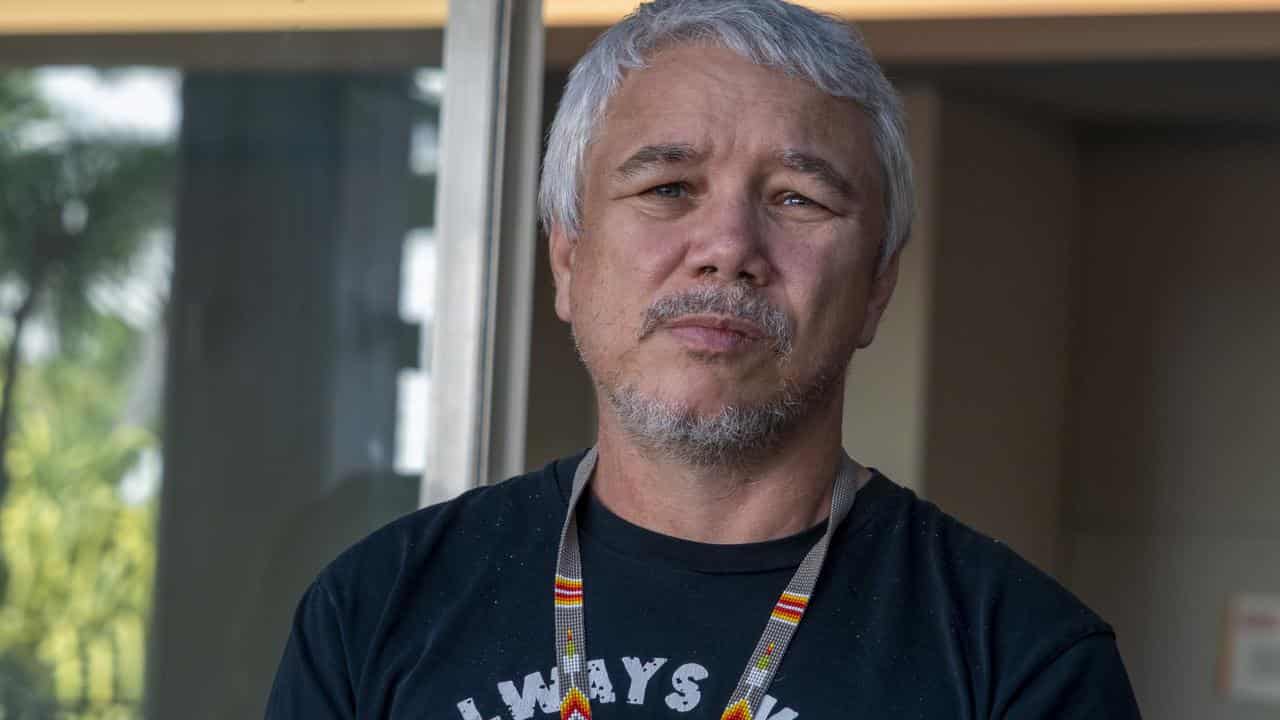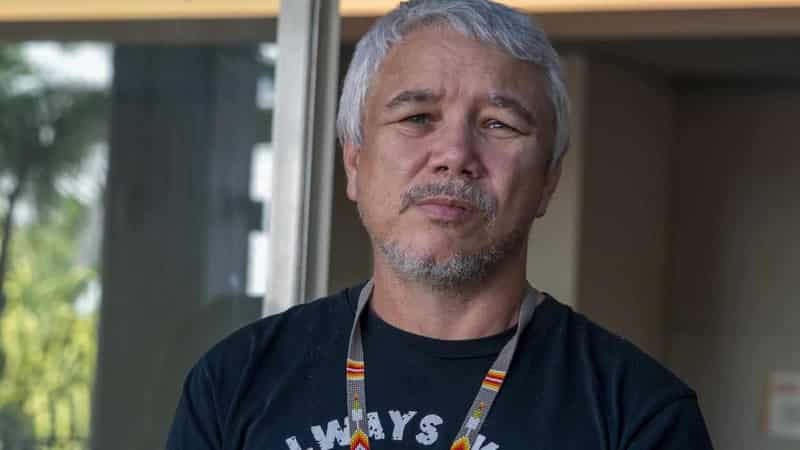
First Nations must be at the heart of Australia's renewable energy plans to share jobs and prosperity, avoid project delays and generate affordable sustainable power, experts say.
The first comprehensive national guide, which includes all ten of the independent First Nations Clean Energy Network's best practice principles, has been launched by the Clean Energy Council.
Network co-chair Chris Croker said Australia had a history of land acquisition and resource extraction at any cost, which had damaged families and communities, and land and waters.
So the principles are "common sense" and the guide presents another opportunity to reset relationships, with the clean energy industry leading the way, said Mr Croker, a Luritja man from Central Australia.
The federal government's First Nations Clean Energy Strategy was likely to provide for "serious investment" in the May budget, and implementation soon after that, he said.
"Lessons from Canada have demonstrated the sound social and business logic for engaging with First Nations communities," Mr Croker said.
"Project delay, cost and risk is significantly reduced and community support, social licence and reputation is massively increased."
Proponents know the industry must consult on details at each stage of a project, and acknowledge they must do better at sharing the benefits with local workers and contractors.
"The rights, interests and aspirations of First Nations peoples must be front and centre to achieve a just clean energy transformation," network co-chair and Yorta Yorta descendent Karrina Nolan said.
To do so would minimise risks, costs and delays for renewable energy projects being planned, developed and operated on country, Ms Nolan said.
"And it's something which must be done in partnership with industry. This guide can help with that," she said.
Offshore wind pioneer and Oceanex CEO Andy Evans told AAP the general lack of knowledge and respect for traditional owners was "embarrassing" in Australia compared to other countries such as New Zealand.
"We've been engaging in a number of areas we're in, talking about employment and business opportunities and obviously cultural heritage and respect is critical," Mr Evans said.
"Indigenous communities are great about wanting not handouts but opportunities, because they want to skill up their people," he said.
Glen Brennan, who leads KPMG's Indigenous Services and co-authored the guide, said it marked a "significant milestone" for energy, emissions reduction and the environment.
"First Nations communities have an intrinsic relationship with the natural environment and understanding of sustainable land cultivation and management through traditional knowledge and practices," the Gomeroi man from Narrabri in NSW said. Meaningful engagement, obtaining consent, partnerships, equity and ownership opportunities would be critical in the renewable energy sector, he said.
Industry council chief executive Kane Thornton said the sector had identified the need for stronger engagement and relationships with First Nations peoples.
With proper practices in place, First Nations Australians can be heard and will play a crucial role in the economic shift under way, he said.









